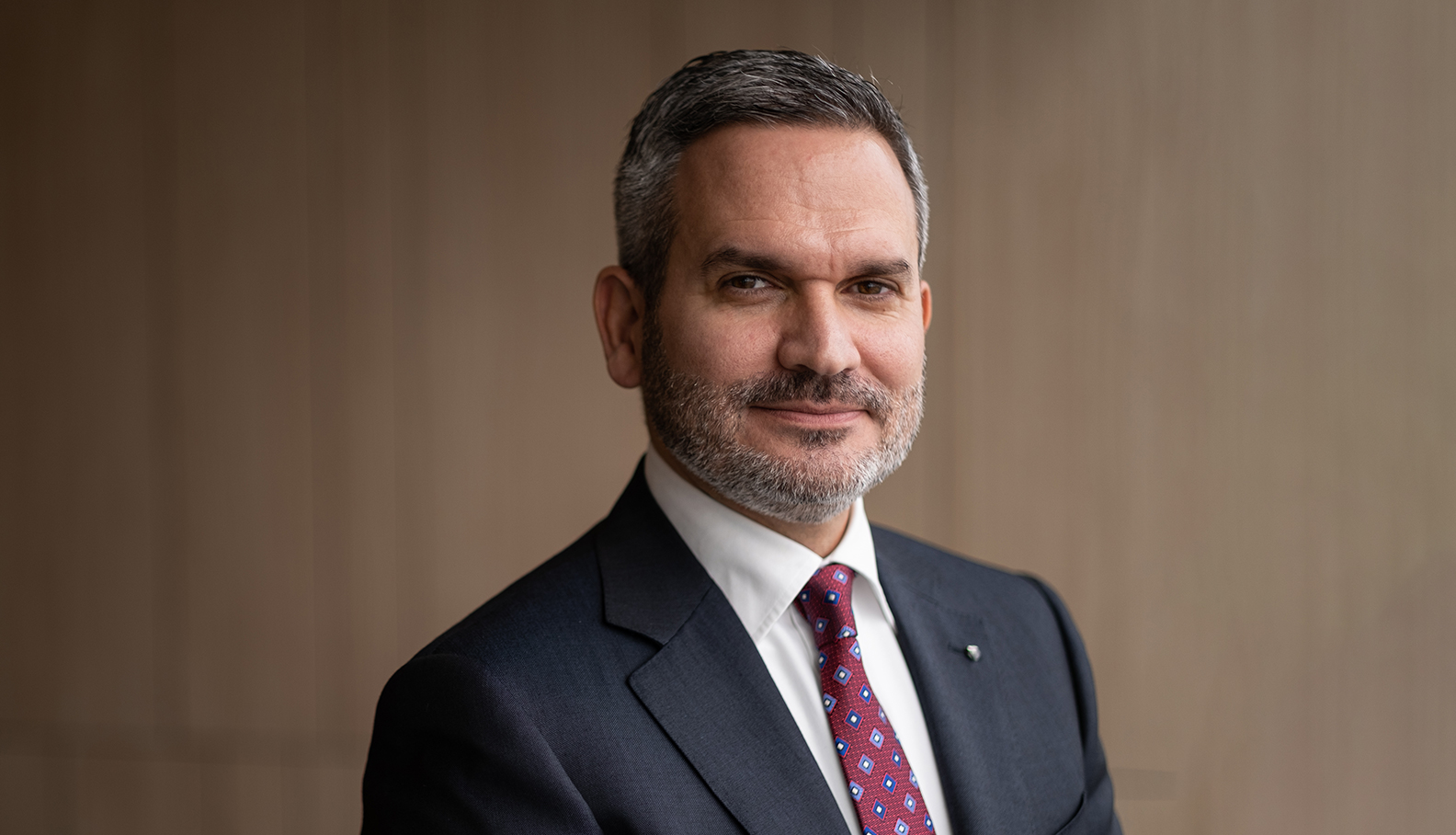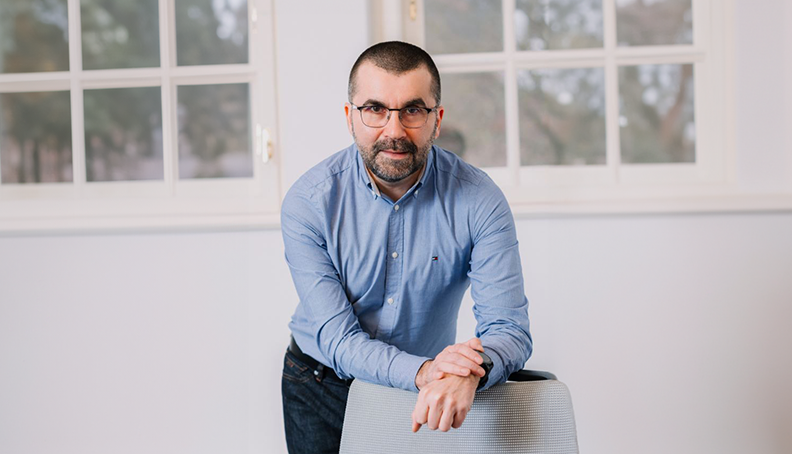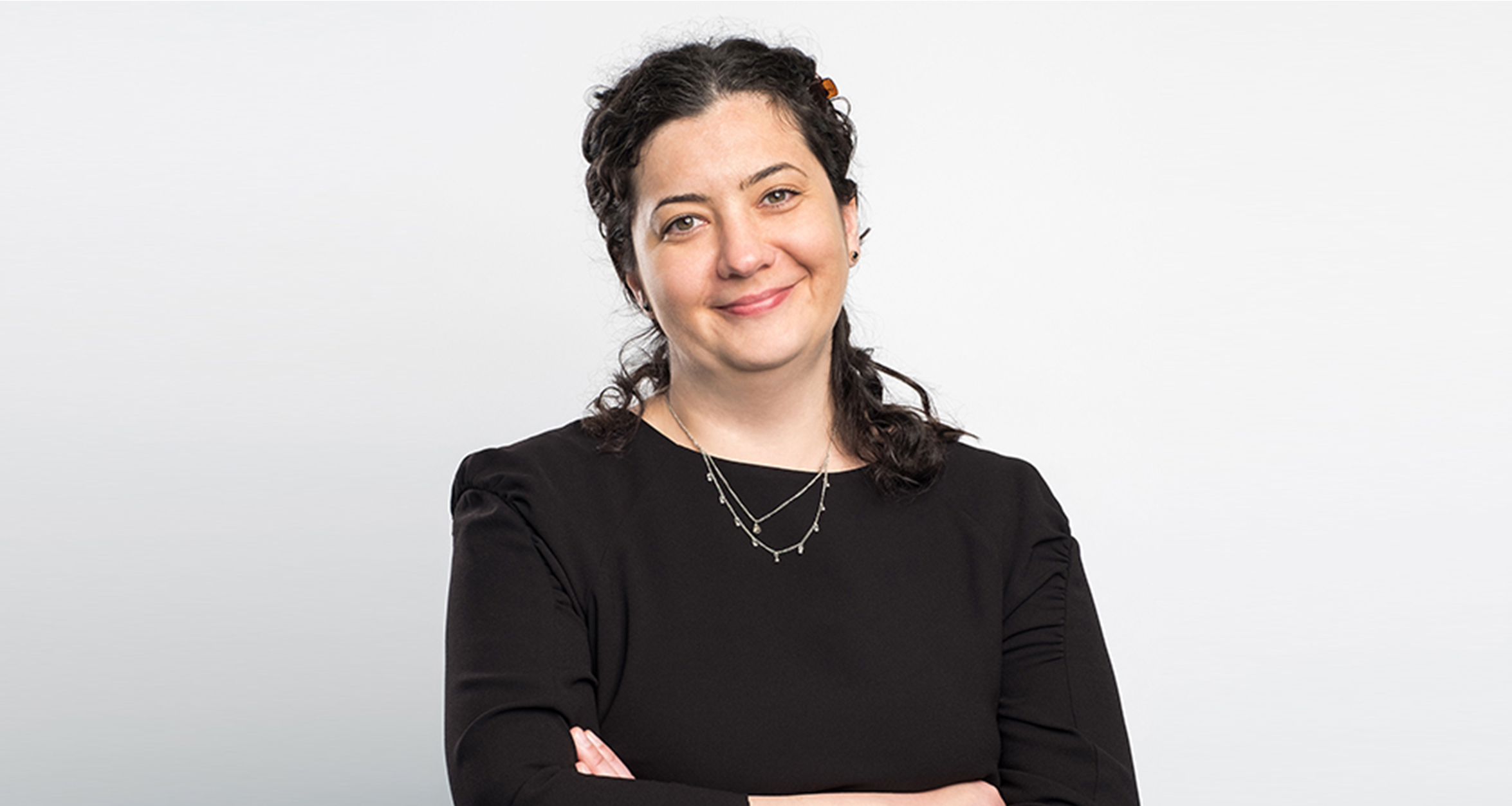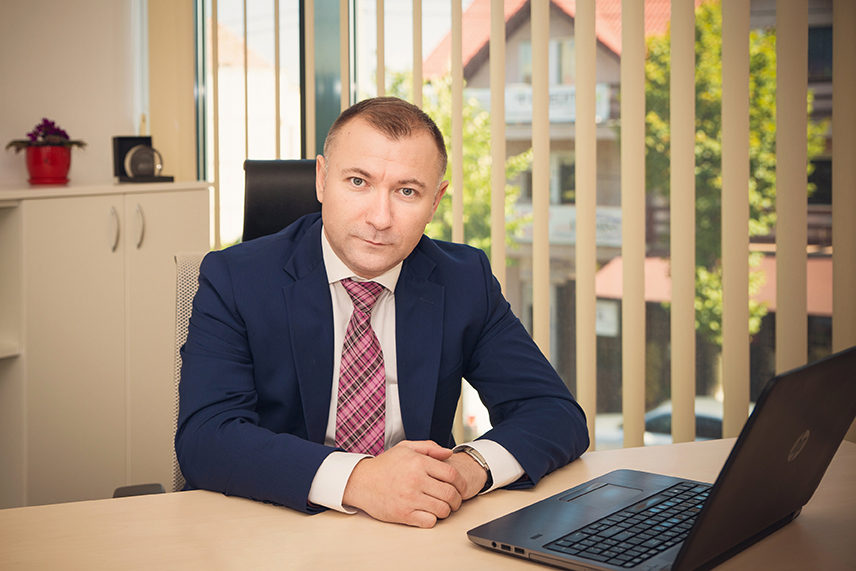Ömer Tetik, at ZF Bankers 2025: We have over 700,000 Romanian BT customers in the diaspora. Our presence in Italy was a learning curve
04 June 2025 Reading time 6:00 minutes

Ömer Tetik, CEO of Banca Transilvania, participated again this year at ZF Bankers, where he spoke about the banking market, BT's plans, the sectors in which the bank invests, BT Italia, BT Pay Italia & Romanians abroad.
- In the first two days after the first round of the presidential election there were many factors, speculative moves, fear, repositioning and closing positions. Many funds, investors had a long period of gains and wanted to cash their profits instead of closing on losses. Maybe there was a movement in the exchange rate, which was supposed to happen for some time, it happened in a very short period, but already we see from the clients who bought euro among retail or corporate clients are coming back to lei. That's why the rate has dropped a bit. For the exchange rate, we are waiting for the next period, but it depends on the formation of the government, the government plan. I think there will be another step towards 5.1 lei/euro or 5.15 lei/euro towards the end of the year or the beginning of the next year. It is natural, all the currencies in the region, the emerging markets have been devalued. We have perhaps partially lost competitiveness.
- Interest rates are high, but there are also a lot of imbalances. The banks, our competitors, us, we give real estate loans for 20-25 years at 4.7%, 4.8%, 4.9%, government securities are at 7.5%, deposits are at 5.5%. Somehow, everything you learn in banking or economics or management schools is going exactly backwards. With a mortgage product it's not just the product itself, it's a package that includes bancassurance, current account, cards, so it's a profitable product even with interest rates so low. Nobody is necessarily losing money. I believe that we will see interest rates at their current level for a while until we have this credible, balanced government plan that will show us where Romania's economy is going.
- It is not our desire to reach 30% of the market. We want to grow with the economy, profitably.
- If you look at our track record over the last 10-12 years it's been an acquisition, a year or two of organic growth, then again an opportunity arises. We're still interested and we're not just looking at banks, we're also looking at portfolios, leasing companies, as we did in the Pillar II pension area.
- As long as we have the opportunity to grow in a segment of the financial sector we are still interested. Our focus will be more on securing the desired results. We have one more transaction to close, a takeover in Moldova with Microinvest. We are becoming the largest financier of SMEs and medium-sized companies in Moldova. We have been paying dividends in Moldova for several years. The financial banking sector has not had such a good period. All banks, even with volatility and instability, have maintained their lending appetite. What's not working, we don't have predictability, what will happen in the next 3, 6 months, next year, from the fiscal side to the governance side. That has an impact on our plans or in discussions with clients. In general, things are going much better than we see. If I look at our figures, this year in the retail area we had a 40% increase in the mortgage area compared to last year. We are also growing market share, I think a little bit above the market average, but the appetite is there.
- There are sectors, for example in real estate, where we have never been a very aggressive bank. We are really a universal bank. We are present in all areas. In agriculture it seems to be a good year, in IT the orders are coming back, the service sector is still an area that is doing well. In energy there has been a lot of investment in renewables, now we see that there are talks about storage, which is an important thing that will give us better stability in the energy area.
- Over the last two years, the biggest growth in the lending portfolio has been in the large corporate area. We are very comfortable with the portfolio. We have grown in energy, agriculture, infrastructure, trade and retail. This also brings us cross-sale with the other business lines. We will remain a present, active partner in the market.
- For us, our presence in Italy has been a learning curve. We went with the idea of doing retail banking and discovered that there are a lot of Romanian-owned SMEs and small companies there. We started serving them and we have over 700,000 Romanian BT customers in the diaspora. There is an appetite and desire to work with their bank in their own country. BT will probably compete with Salt outside Romania in the near future. We want to go step by step. Italy is an area where we have already invested, we have good growth, if we become comfortable then we will think about another foreign market.
- I think there is still room for niche banks. Some of the smaller banks are profitable and have good yields. It's this economies of scale, of size that matter to be able to invest, to be worth investing. For us big banks it is relatively easier and cheaper. We are still investing in the network, physical presence. It's still an operating model in Romania for a big bank. Small banks, if they don't find a suitable niche, will find it very difficult to compete with the big banks, which are present everywhere through their network and applications.
- The main target is to deliver on budget, then make sure all OTP customers stay after integration. We have a lot of digitization initiatives running in parallel and I hope to see some of them through to completion this year.

Press contact
Other articles


A little more
I just sent an email to you. Confirm your subscription by clicking on the link in the email.











